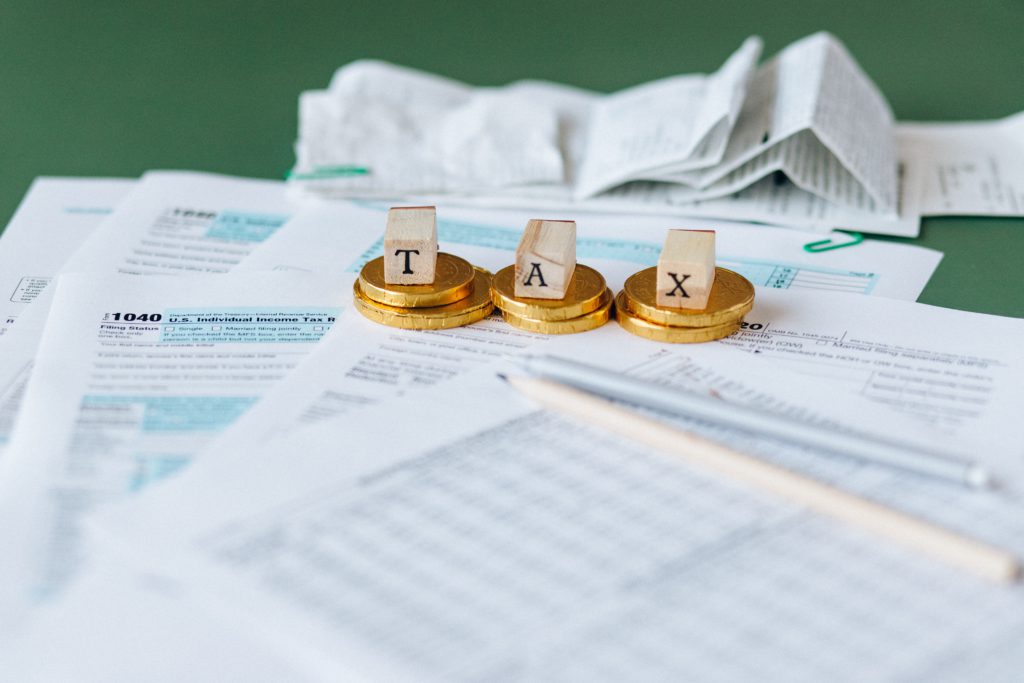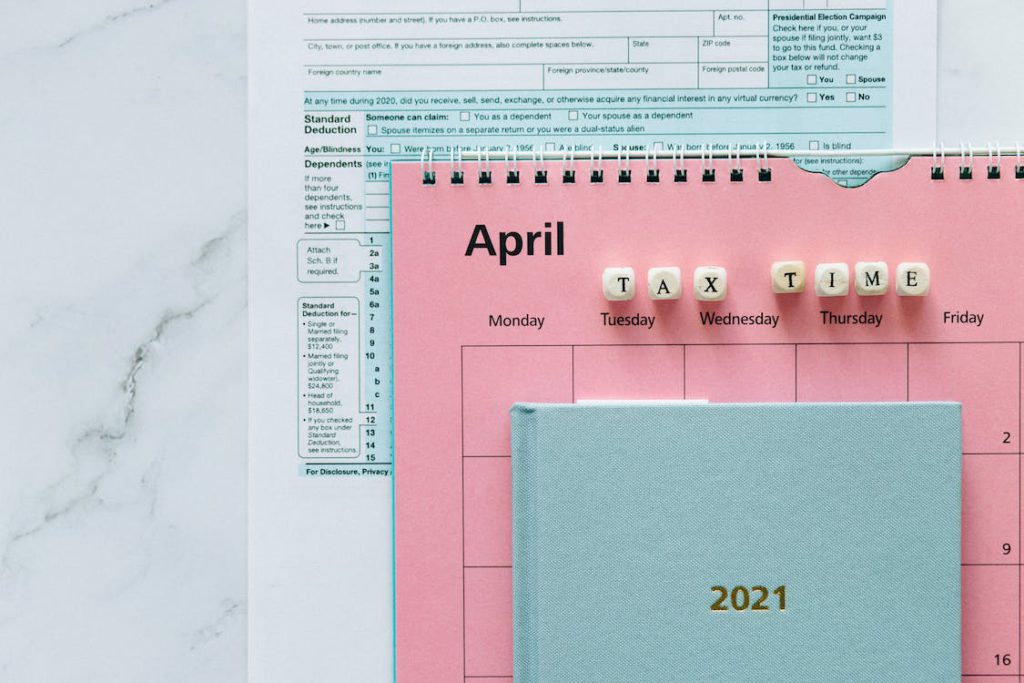For a business to fulfill its tax obligation, Business Tax Audits are a key way the CRA can do so. Whether it’s Payroll, Income Tax, Benefits, HST/HST or Remittances. During a business tax audit, it allows the CRA to examine the books, records, financials and other documentation that is relevant to the business. The CRA […]
Author Archives: Tax Partners
An ABIL is a capital loss with one special tax treatment. It is 50% of business investment loss. An ABIL is deductible at all sources of income and if they are unused during a tax year than it can be carried forward 10 years and back 3 years. All ABIL that are not used within […]
Income Tax in Canada or the United States is complex and is one of the biggest expenses we pay. It is important to have an accounting firm on your side that can ensure your income tax return is filed correctly. Tax Partners makes it easier whether you are a small business owner, an individual filing […]
If you own residential property, you should be aware of the newly proposed Underused Housing Tax (“UHT“) set to take effect on January 1, 2022. The UHT is a national, annual 1% tax on the value of non-resident, non-Canadian-owned residential real estate that is vacant or underused. The legislation received royal assent on June 9, 2022 and […]
Current GST/HST procedures are difficult to understand and impose significant reporting and remittance obligations on sole proprietors, small and medium-sized businesses, and large corporations alike. In order to thrive under the GST/HST system, companies must understand their tax classification under the Excise Tax Act. There are three main classifications of supplies in the Excise Tax […]
In Canada, taxpayers have legal rights listed in the Canadian Revenue Agency Taxpayer Bill of Rights. The Ombudsman was established to help enforce the Taxpayer Bill of Rights and is independent of the CRA. So, what exactly does the Canadian Tax Ombudsman do? Well, they don’t deal with tax policy or program legislation complaints and […]
Most entrepreneurs don’t have an in-depth understanding of tax laws when setting up a business. So, they will likely hire an accountant to ensure everything is set up correctly from the beginning. 82.75% of our clients are small business corporations and we have the tools to help you! Taxation of Various Business Structures It’s good […]
The Canada Revenue Agency, or CRA, is clamping down on real estate transactions more than it used to. They claim that tax non-compliance is one reason behind ever-increasing housing prices. In particular, the CRA is interesting in taking a closer look at home and condo flipping, and they have been running an audit on home […]
There are 5 basic foreign-reporting rules in Canada’s Income Tax Act, to report specific transactions involving foreign interest. These are the relevant rules: A Canadian resident must file a T106 form if he is doing business with a non-resident. A Canadian resident must file a T1141 form if transferring or loaning property to a non-resident […]
A cryptocurrency asset is intangible and digital and exists through a blockchain or other decentralized network via distributed ledger technology or DLT. A distributed ledger is like a database where electronic records are stored and shared and then replicated across various locations around the globe. They are maintained by a decentralized peer-to-peer network, which means […]











